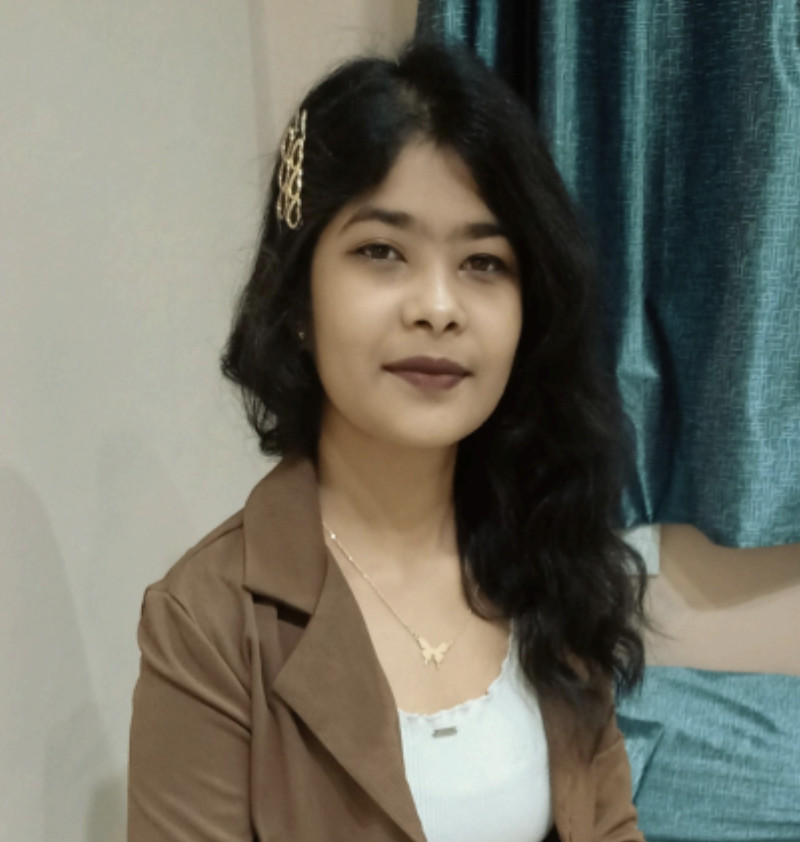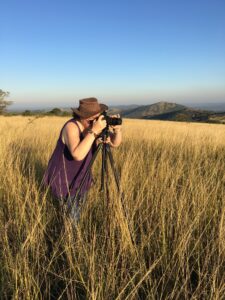In her debut collection, Is It Too Late To Heal?, poet and author Divyanshi opens a powerful window into the emotional landscape of healing. With courage and vulnerability, she explores the journey of confronting childhood wounds, embracing the inner child, and navigating the turbulent years of early adulthood. In this intimate interview, Divyanshi shares how writing became her path to self-discovery—and why her words are a message of hope to anyone walking their own healing journey.
1. Can you describe the emotional impact of revisiting your past traumas while writing your book, and how did you cope with it?
Revisiting my past traumas while writing Is It Too Late To Heal? was incredibly intense and emotional. Each chapter forced me to confront memories and feelings I had buried deep within. At times, it felt like I was reliving those painful moments all over again. Writing became a cathartic process—a way to purge emotions I had held inside for too long.
To cope, I leaned on my loved ones for support, took intentional breaks, and practiced self-compassion. I reminded myself that it was okay to feel vulnerable and that healing isn’t linear. Ultimately, the process helped me release much of the pain I’d carried and brought me closer to the closure I needed.
2. What motivated you to address the themes of childhood and your twenties in your book?
I felt a deep need to make peace with the most formative, yet tumultuous, periods of my life. My childhood held wounds that never fully healed, and my twenties were filled with both growth and struggle. By writing about these times, I wanted to give voice to the little girl inside me and to confront the confusion of early adulthood.
It was important for me to show that healing requires us to revisit painful memories—and that doing so can help us move forward with empathy and strength.
3. How did writing about your Inner Child contribute to your healing and growth?
It was one of the most transformative parts of my healing. Writing about my Inner Child allowed me to reconnect with the part of myself that had long been neglected. I began to acknowledge emotions I had buried—abandonment, fear, insecurity—and to offer my younger self the compassion she deserved.
This process helped me change how I viewed myself and others. It broke cycles, shifted patterns, and brought healing to both my past and present selves.
4. What role did the support of loved ones play during the writing process?
Their support was invaluable. There were times I wanted to quit, but their encouragement grounded me. They gave me the emotional space to be vulnerable and reminded me why my story mattered—not just for me, but for others. Their simple acts of kindness, like listening or offering words of encouragement, made all the difference.
5. How did you find the strength to continue writing during moments of emotional exhaustion?
I reminded myself of my purpose: to heal and to help others feel less alone. Writing, even when painful, was a release. I broke the work down into small steps—sometimes just a sentence at a time. And I leaned into the support of those around me when it got too hard to carry on alone.
6. What advice would you give to women struggling to confront past traumas?
Be patient and gentle with yourself. Your pain is valid. Healing isn’t linear—it comes in waves. Start small. Acknowledge your feelings. Surround yourself with support. And most importantly, trust that you have the strength to face what hurt you and to rewrite your story with compassion and power.
7. How did you maintain self-compassion and resilience throughout your writing journey?
I let myself feel without judgment. I took breaks when I needed to and reminded myself that progress—not perfection—was the goal. I practiced mindfulness, engaged in joy-sparking activities, and leaned into the love around me. Holding space for both pain and hope helped me build resilience through gentleness, not pressure.
8. Were there specific practices that helped you during writing and healing?
Yes. Journaling was a lifeline. It gave me a safe space to express myself freely. I also practiced mindfulness meditation, spent time in nature, and nurtured myself with things that brought me peace—reading, connecting, resting.
9. What does healing mean to you, and how do you envision it in your life?
Healing is an ongoing journey of self-acceptance and integration. It’s not about forgetting the pain but learning from it and finding peace with it. I see healing as a process that evolves with me—through deeper self-compassion, meaningful relationships, and embracing my whole self, scars and all.
10. How do you balance introspection with creativity in your poetry?
Introspection gives my poetry its depth; creativity gives it form. I start by sitting with my emotions, then explore how to express them in a way that resonates with others. Sometimes it’s raw and unfiltered, other times more crafted—but it’s always rooted in truth.
11. What themes in your current work reflect your healing journey?
Vulnerability, resilience, identity, and hope. I explore how our wounds become strengths, how we reclaim ourselves, and how even through pain, there’s always a flicker of light. Forgiveness and renewal also appear often—these are central to my journey.
12. What impact do you hope your poetry has on readers?
I hope my poetry helps readers feel seen and less alone. I want it to inspire hope, resilience, and self-compassion. If it offers even one moment of clarity or comfort, then I’ve fulfilled my purpose. My words are meant to be a mirror and a hand to hold.
13. What profound realizations have emerged through your creative process?
That vulnerability is a superpower. That writing is self-compassion in motion. That imperfection is not a flaw but a doorway to growth. I’ve learned that creativity can transform pain into meaning—and that connection is often born from the courage to share your truth.
14. How do you handle the pressure of your own expectations as you explore new themes?
With patience and a willingness to let go of perfection. I give myself permission to experiment, to fail, and to discover. I reconnect with my “why” and remind myself that the process matters more than the outcome. It’s okay to grow slowly, and it’s okay not to have all the answers.
15. What final advice would you give to women starting their own healing and self-discovery journeys?
Trust the journey. Be gentle with yourself. Surround yourself with love and support. Celebrate the small steps, honor the hard days, and know that your story is worthy. Healing is messy and beautiful—and you are allowed to take up space in the process.
Connect with Divyanshi
📚 Poetry Book: Is It Too Late To Heal? on Amazon
📸 Instagram: @duskfiregleam






